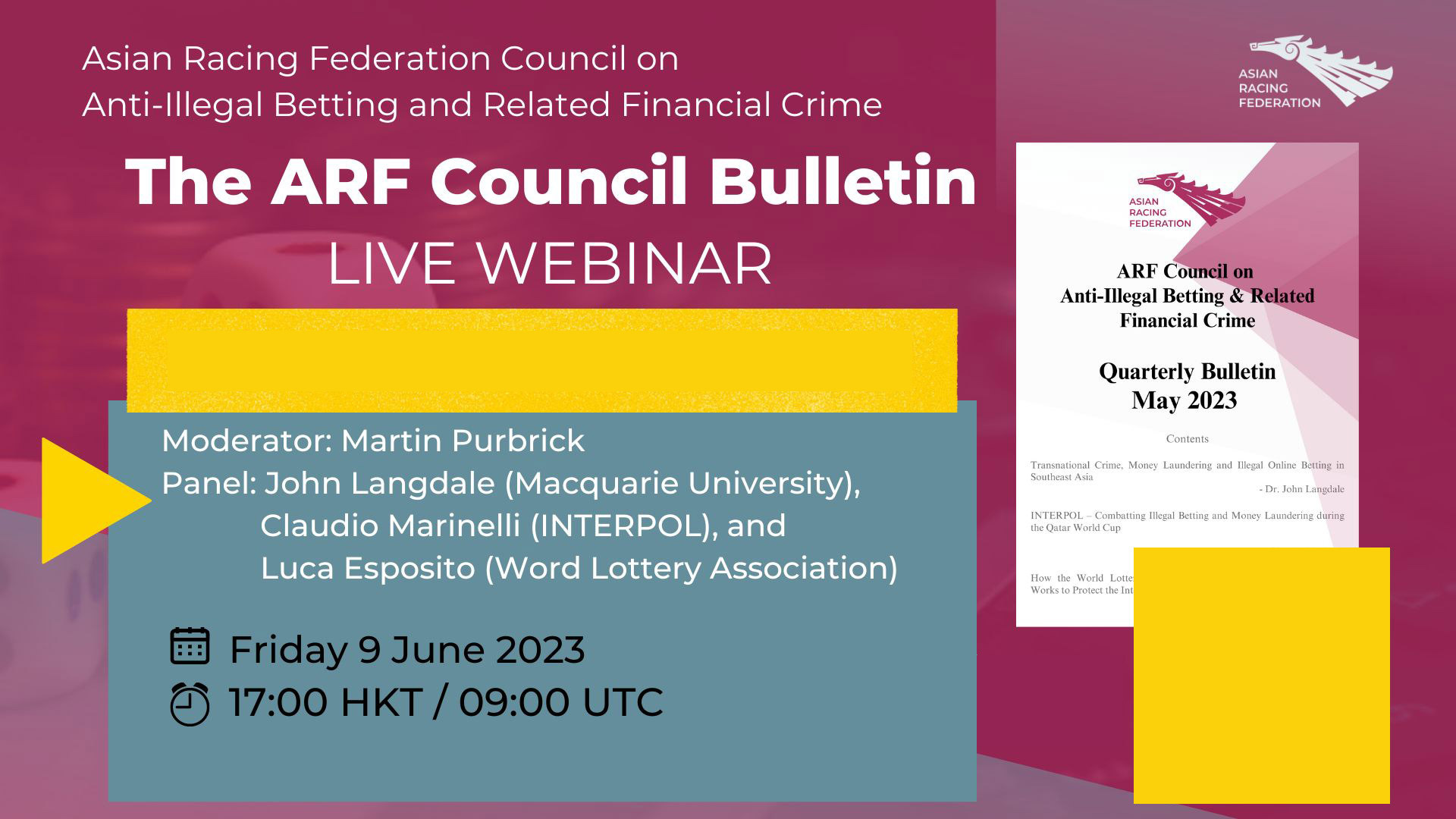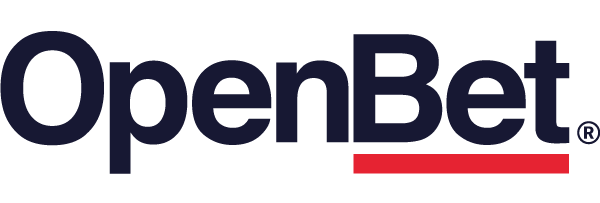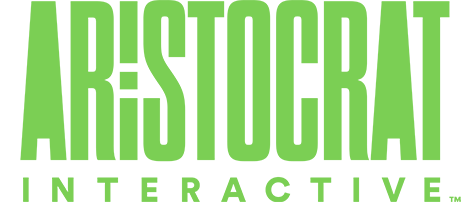“The topic of illegal betting is very important to our members, because it threatens the whole industry’s reputation. It threatens business operations and the customers who play online. It can also have an impact on many stakeholders from the global sports and sports betting ecosystem, including athletes, clubs, federations, other sports organizations and even the fans,” said Esposito.
The webinar was hosted by Martin Purbrick, Chairman of the Asian Racing Federation (ARF) Council on Anti-Illegal Betting & Related Financial Crime. Other panelists included:
- John Langdale, Expert on transnational crime and financial crime at Macquarie University Department of Security Studies and Criminology
- Claudio Marinelli, Operations Coordinator (pro tempore) at the Interpol Financial Crime and Anti-Corruption Center
- James Porteous, Senior Due Diligence & Research Manager, The Hong Kong Jockey Club, (Research Head for ARF Council)
- Douglas Robinson, Deputy Chairman, ARF Council and Senior Due Diligence and Research Manager, the Hong Kong Jockey Club
A booming illegal industry
In recent years, technology advances and the global pandemic have accelerated a boom in legal and unfortunately, illegal online betting operators.
With player protection and know-your-player at the heart of what the legal betting industry does, it is paramount to offer responsible and fun products and services, which is not always the case with illegal operators.
Esposito highlighted figures from the 2022 edition of the WLA Global Lottery Data Compendium, which showed that the WLA lottery and sports betting operators raised a little over USD 93 billion for good causes in 2021, noting that illegal estimates greatly outstrip these numbers. Additionally, there is a great loss of funds for good causes, given that Illegal operators avoid taxes.
WLA activities addressing illegal betting
Representing over 150 state-authorized lotteries and industry suppliers worldwide, WLA upholds the highest standards and ethics for the industry and helps its members reach their goals of raising money for good causes in a responsible way.
WLA believes that gaming operators must possess a license in the jurisdiction where the players are located. Anything else is to be considered an illegal betting operation. This appears in its code of conduct (Article 2), which members must adhere to. This is also in line with the definition of illegal betting in the Council of Europe Macolin Convention framework for addressing sports competition manipulation.
“We run two main committees, one around sports betting integrity, the other is the Combatting Illegal Lotteries and Betting Committee. Both develop tools and resources that help member lotteries maintain territorial integrity with stakeholders, in every region,” said Esposito.
WLA and a growing number of its member lotteries also collaborate and support the United Lotteries for the Integrity in Sport (ULIS) and its activities, sharing their knowledge and expertise of sports betting, from their markets.
ULIS is an association with a bet monitoring service which provides alerts on suspicious betting activity to members and creates reports which can be used by law enforcement in investigations into sports competition manipulation. It also partners with other organizations and actively participates in diverse sports projects they initiate.
WLA also provides members and the broader public with trainings and seminars, to raise awareness of the serious issues related to illegal sports betting operations. It works with partners such as ARF, and with many other sports and sports betting organizations, in the global effort to combat illegal betting and sports competition manipulation.
Q&A
What are the most effective ways to detect illegal betting?
James Porteous:
Porteous answered that it was a simple question with a complicated answer. He talked about the need to set the boundaries and define what illegal betting is in a particular jurisdiction. It was also important to know the parameters of each organization as well as, if and what kind of action it can take with regard to illegal betting cases. He noted that a common message from the ARF Council, WLA and INTERPOL is that illegal betting requires widespread, global collaboration between multiple stakeholders and law enforcement in the licensed and regulated betting industry, in sports integrity, in Internet regulators and gambling regulators, and importantly to share the information, as a first step.
Given the scale of illegal betting operations and the ease with which they can be set up what can global stakeholders fighting it expect to achieve realistically?
Douglas Robinson:
As has been mentioned it is a huge, growing global issue but quite a lot can be done, which is positive news. A number of actions can be taken, including:
- Writing about the issue to raise awareness.
- Actively engaging with people who offer products in a jurisdiction without consent of the regulator or the operator, to explain to them the situation.
- Detecting and identifying such operations and organizing action to be taken against such illegal (online) operations.
- Talking to banks and finance institutions and updating them on the illegality and criminality that is taking place with illegal betting sites, so that they can take their own action.
- Having a wide stakeholder engagement to combat these issues.
More insights from panelist Langdale who discussed illegal betting in Asia and related crime, and some of the activities being undertaken by INTERPOL as explained by Marinelli, can be found in the article from Gambling Insider.








